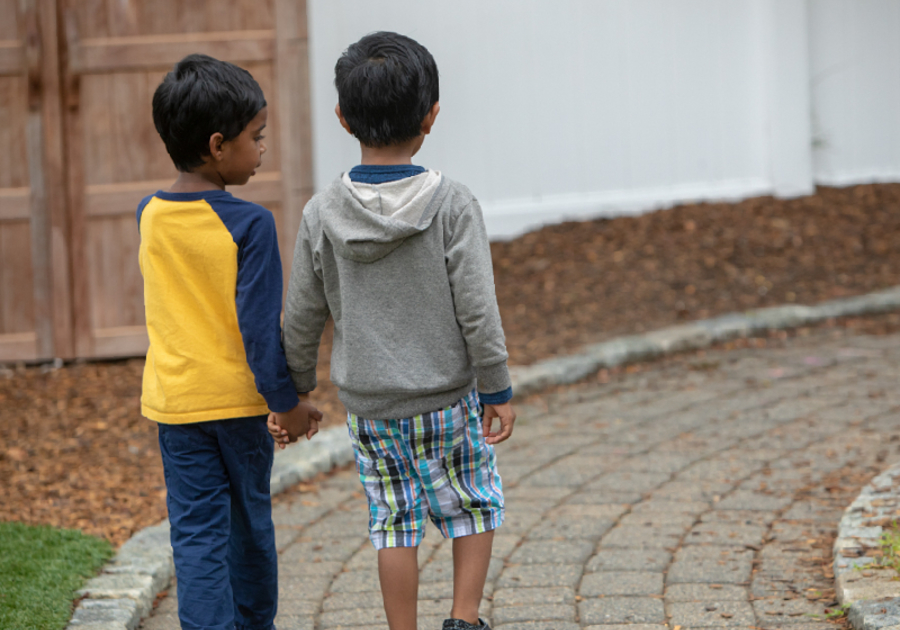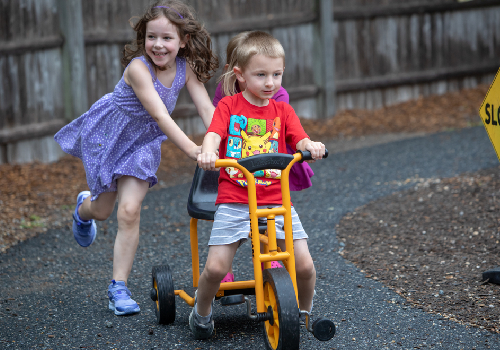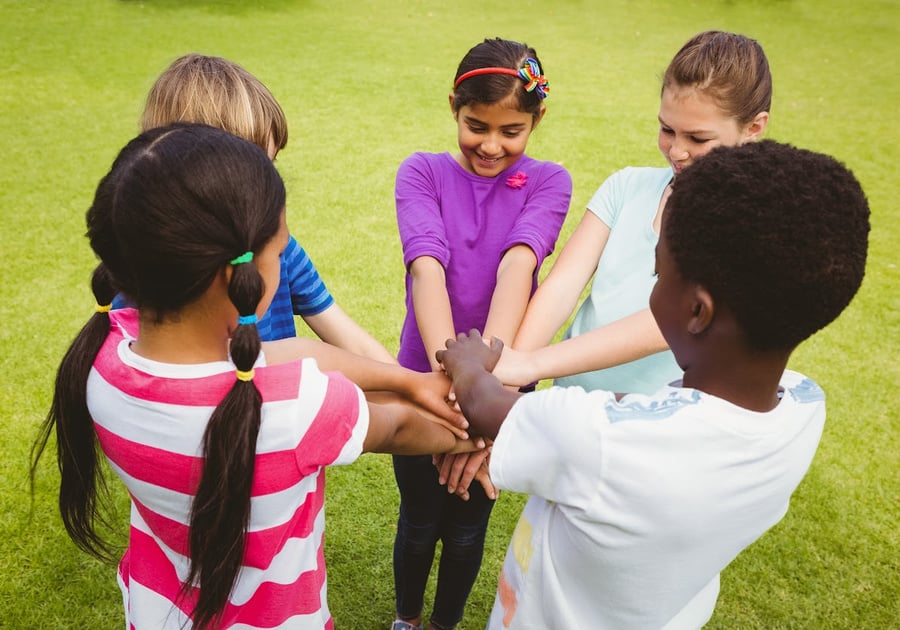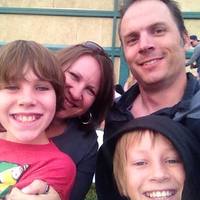Even if you don’t live in a diverse area, there are still ways you can ensure that you and your family remain socially aware.
Below are five ideas for seeking out and celebrating diversity in and out of your community.
Read broadly.
Introduce your children to a wide variety of literature. Look for authors who can write engaging, informative books without being preachy.
For example, children’s author Eve Bunting regularly tackles complex issues, such as immigration, homelessness, and family dynamics. Her characters are authentically formed, and her writing is always respectful of both her readers and subjects.
For more ideas, see our list of Children's Books That Celebrate Diversity, or ask your child's teacher or the local librarian.
Choose media wisely.
Avoid programming that makes broad generalizations about specific religious, ethnic, cultural, or social groups, especially when the generalizations are negative. Instead, look for programming that increases understanding and builds empathy.
Lend a hand.
Look for opportunities to get to know people outside your immediate circle. This might include volunteer work, such as serving food at a homeless shelter or making regular visits to a nursing home. Perhaps it’s as simple as getting to know your neighbors on a deeper level.
Embracing diversity is about getting to know and appreciate people of different religions, cultures, ethnic groups, socio-economic groups, or ages.

Try something new.
Anytime we step outside our comfort zone, we build understanding. Visit a play, concert, or religious service that is outside your norm.
As you travel, try to plan activities that take you away from tourist destinations and instead, immerse you in local culture. Ask locals where they eat. Attend community events, volunteer at a local charity, or dedicate one day of any vacation to helping in the area you’re visiting.
Challenge stereotypes.
Be aware of the language you use to describe specific groups. Is it accurate? Is it fair? If not, perhaps it’s time to challenge and change it.
We all have biases. These biases often have their roots in our own upbringing and experiences, but they’re usually inaccurate or incomplete. They limit our own growth and can also prevent us from developing enriching relationships with others.





